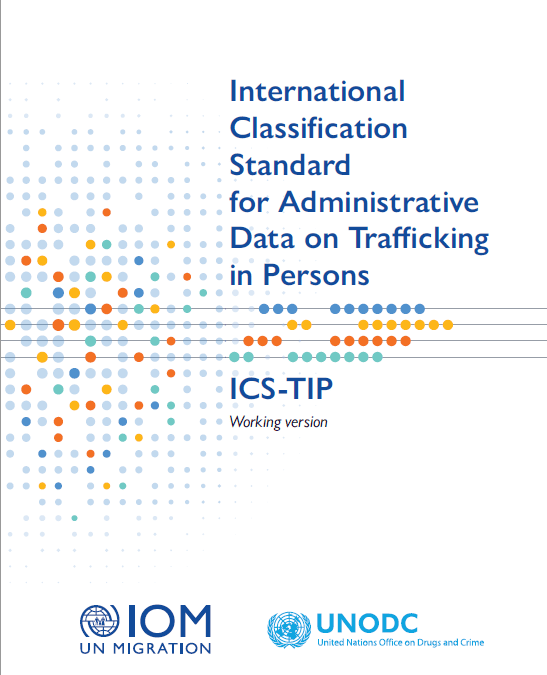
International Classification Standard for Administrative Data on Trafficking in Persons
Auteurs : Office des Nations Unies contre la Drogue et le Crime (ONUDC) | Organisation Internationale pour la Migration (OIM)
As more governments answer the call to take action against trafficking in persons, there has been a groundswell of momentum to improve data collection and analysis to help learn more about human trafficking. In turn, as more governments report on or seek to report on trafficking in persons, it is natural to standardize data collection efforts. International standards and guidelines that specify best practices are essential to produce the highest quality information and ensure that people are properly safeguarded from harm. In the absence of a common set of indicators with standardized definitions, it is difficult for any government to take stock of either the local or global reach of the problem. Without a robust evidence base, it is also unclear how policymakers can shape policy and targeted interventions to combat trafficking.
Thématiques
- Monitoring et évaluation des politiques publiques sur la traite
- Récolter des données sur la traite
- Systèmes d’information
- Données sur la traite
Population Ciblée
- Autorités nationales anti-TEH
- Organisations internationales
Focus géographique
- Monde

